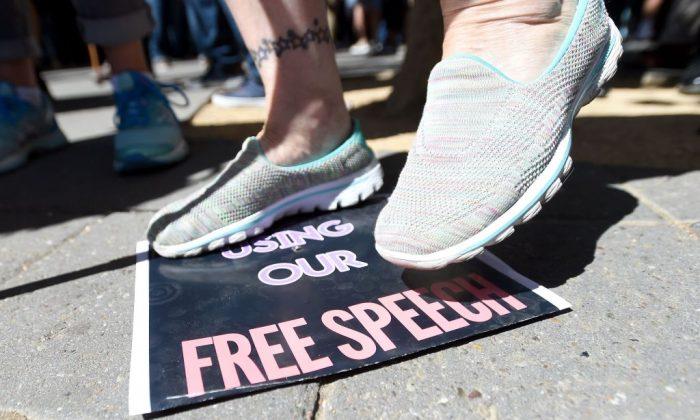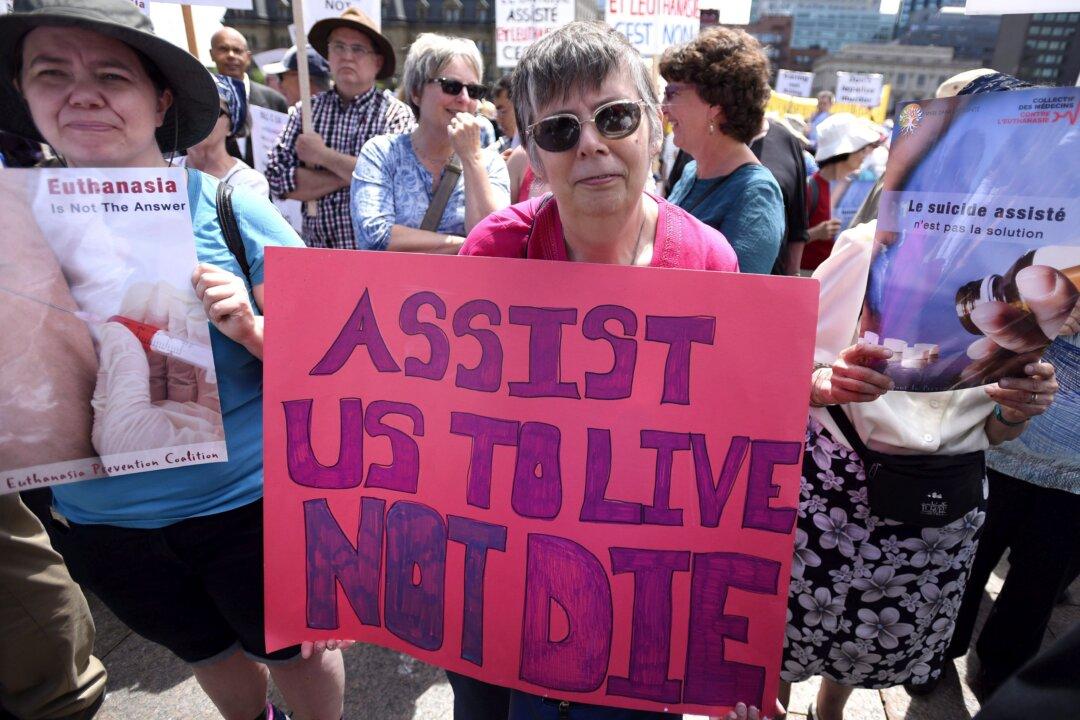Commentary
In September, Alberta Premier Danielle Smith announced that the right to make one’s own choices about receiving vaccinations should be added to the Alberta Bill of Rights, stating: “No Albertan should ever be subjected or pressured into accepting a medical treatment without their full consent.”





